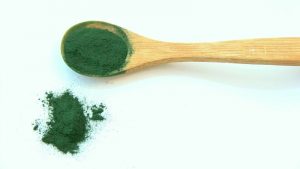Doctors and scientists already knew that a junk food diet can harm mental health. But apparently there had been no evidence that eating well could, on the contrary, help… until now.
University of Manchester’s Dr Joseph Firth discovered with his colleagues that “existing research has been unable to definitively establish if dietary improvement could benefit mental health.” Thus a meta-analysis was conducted on the hypothesis that a healthy diet influences the symptoms of depression and anxiety…
A meta-analysis takes data from previously completed studies so as to accumulate a large amount of evidence that can then be analyzed to answer new questions. Dr Firth and his team found 16 suitable studies (“randomized controlled trials (RCTs) of dietary interventions reporting changes in the symptoms of depression and / or anxiety”) involving over 45,000 participants.
The study revealed how different types of diets showed benefits for reducing the symptoms of depression. Dr Firth explains:
“This is actually good news. The similar effects from any type of dietary improvement suggests that highly-specific or specialized diets are unnecessary for the average individual. Instead, just making simple changes is equally beneficial for mental health. In particular, eating more nutrient-dense meals which are high in fiber and vegetables, while cutting back on fast-foods and refined sugars appears to be sufficient for avoiding the potentially negative psychological effects of a ‘junk food’ diet.”
The study showed that a healthy diet may be effective in helping control anxiety, especially among among women. Additionally, the depression-related benefits are more significant for women. In general, it’s one more step towards considering the use of healthy and natural therapeutic approaches to mental well-being, in order to support or, in some cases, replace pharmaceutical interventions.
The full study, “The effects of diet improvement on the symptoms of depression and anxiety: a meta-analysis of randomized controlled trials”, was published in the journal Psychosomatic Medicine.
Source: treehugger









